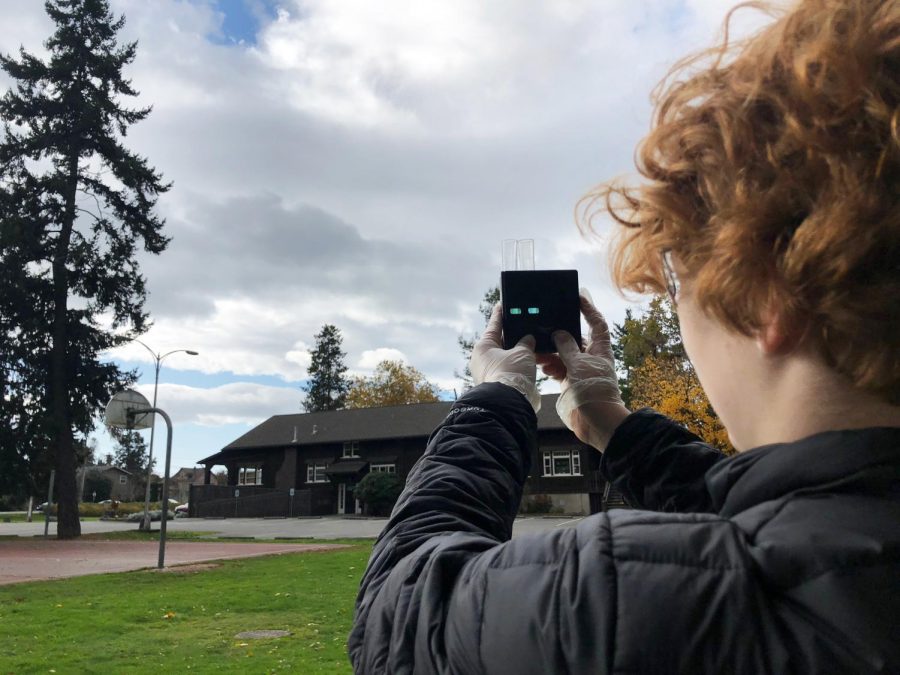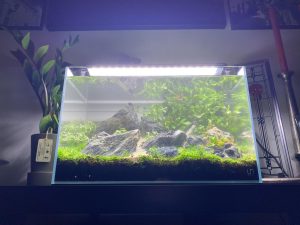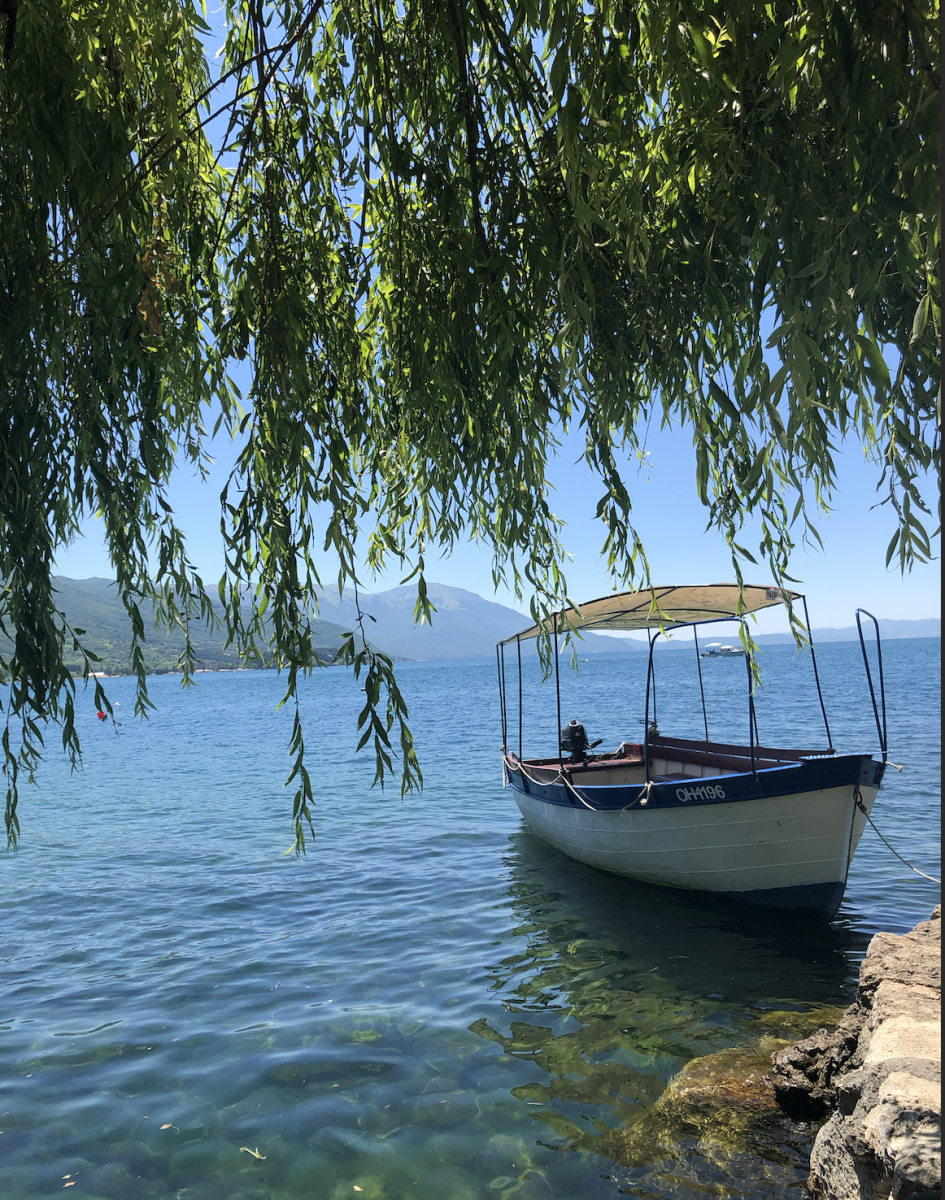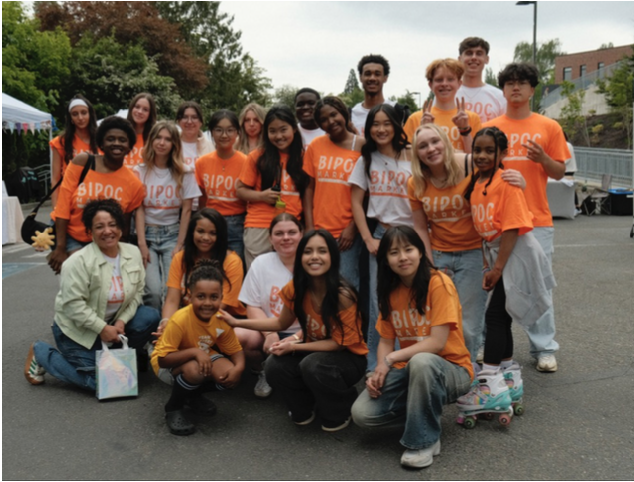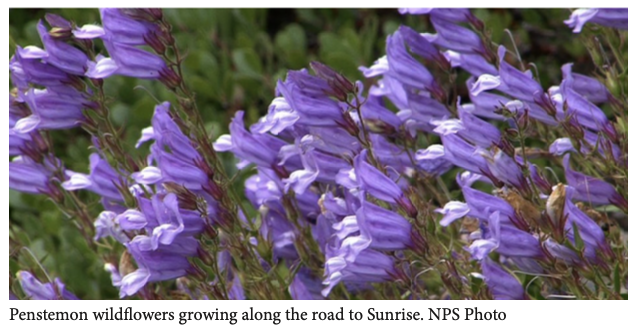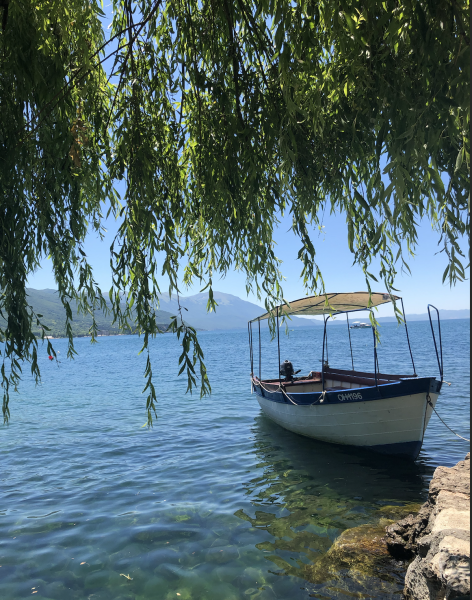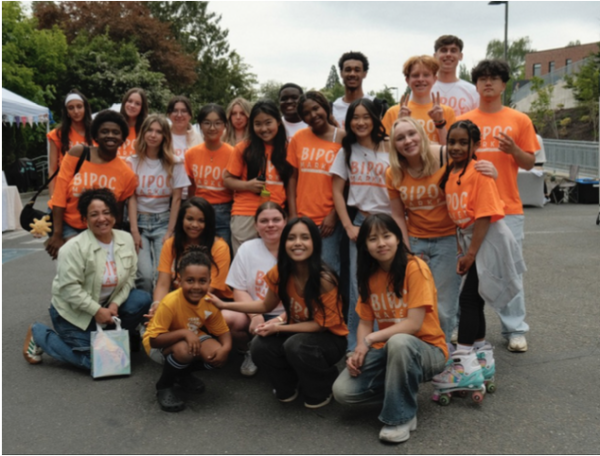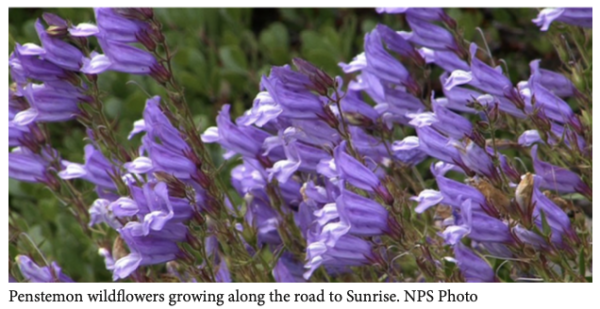What’s so hot about environmental science?
Students show increasing interest in the major and career
photo courtesy of Gabrielle Krieger
Junior Emily Muehlenkamp tests water at Crystal Springs State Park during a field trip for her IB Environmental Systems and Societies course.
March 27, 2020
In recent years, higher education has seen a large increase in students majoring in environmental science. According to the Bureau of Labor Statistics, in the STEM field, majors from environmental science are the most employed out of college by a number that continues to grow by 5% a year.
Environmental science studies the Earth’s resources and the effects of human-made technology on the quality of life. This can include studying carbon dioxide levels, toxic chemicals, radioactivity, endangered species and more. It originally stemmed from studying natural history and medicine during the Enlightenment.
For many Annie Wright students, the Environmental Systems and Societies (ESS) course from the International Baccalaureate program is a launching pad for further study in ecology. The course focuses on a wide range of studies in the realm of science.
For junior Emily Muhlenkamp, environmental science is a very interdisciplinary academic field. “I personally see ties between many of my IB classes that are a part of my interest in environmental science,” she said. “For example, there have been many connections to Spanish, Global Politics, Biology, and ESS that have all led to more overarching environmental themes. Generally, I think that environmental science interests me so much because I know that I could possibly leave this world in a better state than when I entered, or at least make a change towards that goal.”
The College of the Environment at the University of Washington in Seattle hands out the second highest number of majors in their environmental science program, which includes eight majors, every year in the US. Barbara Owens, Undergraduate Student Services Specialist in the College of the Environment, spoke of the study’s importance. “A lot of us feel as if you’re our only hope,” she said. “Environmental science spans a lot of different issues and different types of science, so our hope is really that we’re educating the future people that are going to have to make these changes and make the decisions that are going to get us back on the right course.”
Going into a career after receiving an environmental science degree can take many forms. According to environmentalscience.org, 22% of graduates work for the government, while another 21% work as scientific and technical consultants for private companies. In addition to these, other examples of common jobs for graduates of the major include biochemist, chemical engineer, environmental activist, government regulator, pollution engineer and toxicologist.


